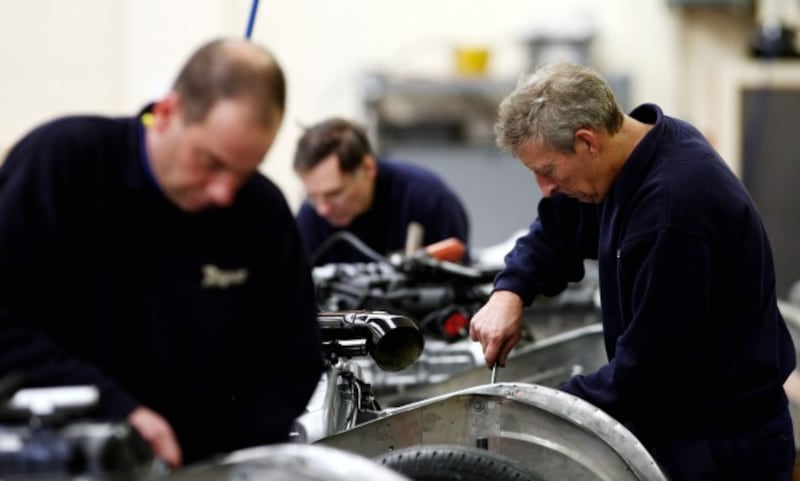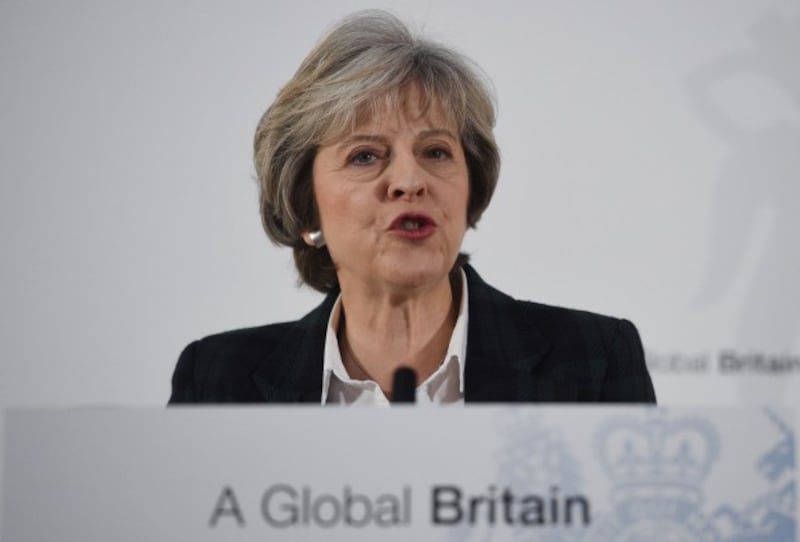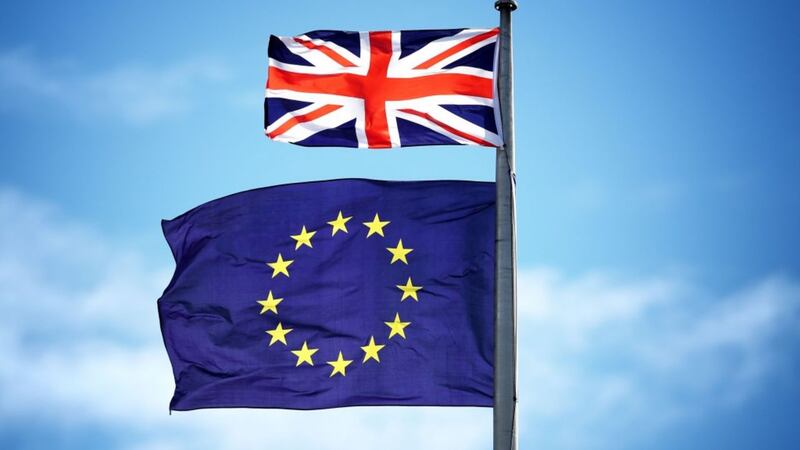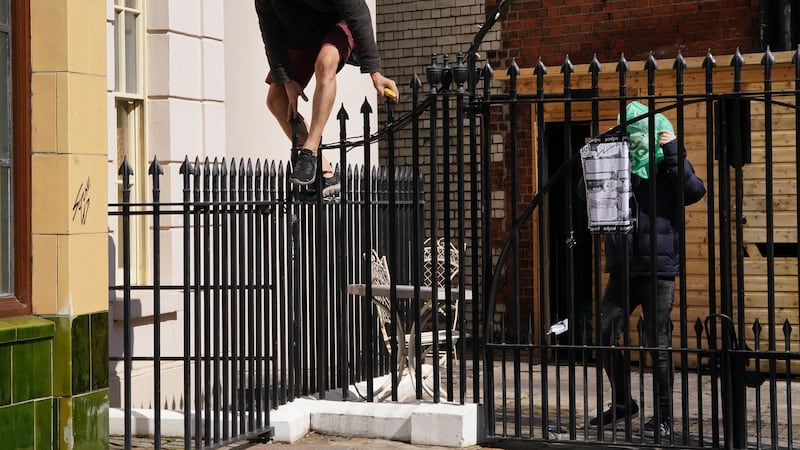A parliamentary report has called on Theresa May to provide evidence to back up her claim that leaving the European Union without a trade deal would be “better than a bad deal”.
Here are some of the questions being asked about the “no deal” option.
What kind of a trade deal do we have at the moment?
Single market arrangements allow businesses to trade goods freely across Europe without tariffs and under a single regulatory system.
The market in services is not yet complete but there are important agreements, such as “passporting” for financial firms to operate throughout Europe.
Are these arrangements only for EU members?
A few non-EU members are part of the single market, including members of the European Economic Area like Norway and Iceland, as well as Switzerland, which has a series of bilateral agreements.
But May has said she wants the UK to leave the single market, mainly to stop free movement of people.
So what’s the deal for countries outside the single market?

They can face taxes and duties – known as tariffs – on goods and services exported to the EU. And they can also face non-tariff barriers, such as quotas for imports of certain products.
They are also likely to be required to comply with EU regulations on product quality, safety, environmental protection and workers’ rights.
Is there any way round this?
Yes. More than 50 countries have free trade agreements (FTAs) with the EU, allowing them varying degrees of access to the single market.
But most relate mainly to goods, rather than the services which make up the bulk of the UK’s exports. The EU’s recently-agreed CETA deal with Canada will eliminate 98% of tariffs if implemented.
So what is May looking for?

The Government is aiming for a comprehensive FTA, tailor-made for Britain, which offers “the freest and most frictionless trade possible in goods and services between the UK and the EU”.
Critics argue that this will take as long as a decade to negotiate, but ministers insist that it can be done within the two-year Brexit deadline because UK and EU legal and regulatory systems are already aligned thanks to the single market.
Why might we end up without a deal?
May insists she wants agreement, but has also warned that “no deal is better than a bad deal”. Many observers view this as a tactic to increase pressure on the EU to offer good terms. But ministers insist that they are preparing for the possibility that she could walk away from the negotiating table.
Many things could make a deal “bad” – perhaps because it limits UK-based banks’ access to continental markets, demands punitive multibillion-pound payments from Britain or insists on continued freedom of movement of workers in return for trade access.
What happens if we don’t get a deal?

Britain would fall back on the tariffs agreed at the World Trade Organisation. These are complex and vary from product to product – in 2013, the EU imposed average 2.3% tariffs on non-agricultural imports, but 10% on cars – but have the effect of making goods and services more expensive in EU markets and therefore less attractive to consumers, potentially hitting exports.
Quotas could be imposed on imports from the UK. And Britain would also lose access to all the FTAs negotiated by the EU with other countries and may be forced to renegotiate them in order to keep trade flowing.
And is that a bad thing?
Opinions are widely divided. Pro-EU Liberal Democrat leader Tim Farron has said that crashing out on WTO rules would be “economically disastrous” for the UK. Foreign Secretary Boris Johnson said it was “perfectly okay”.
Brexit Secretary David Davis told the House of Commons Exiting the EU Committee that the Government has made no assessment of the possible cost. That is what the cross-party committee is now demanding from the Government.








